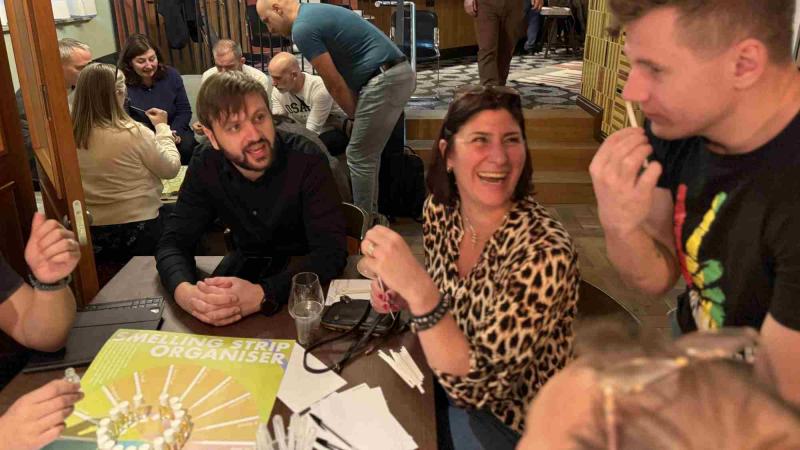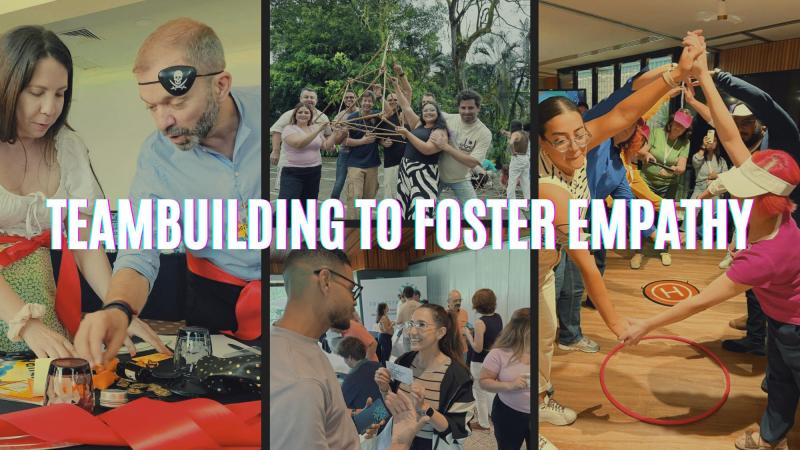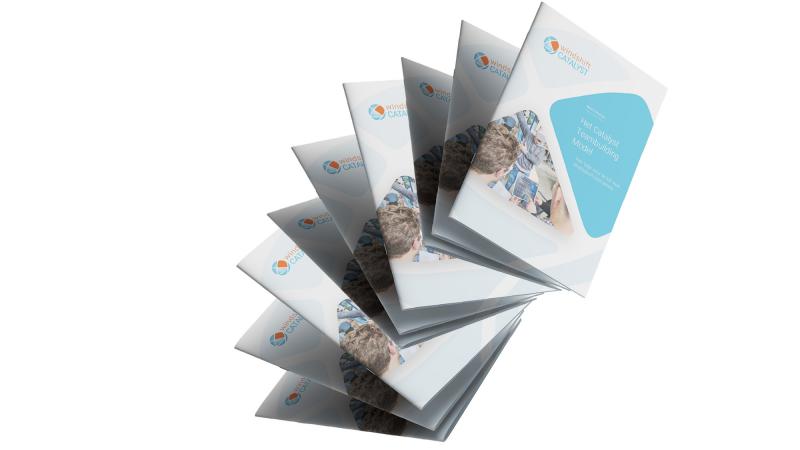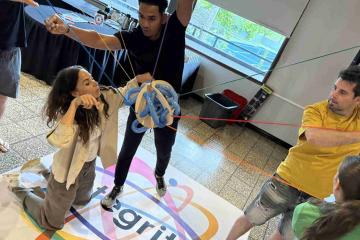Empathy is a critical skill for building resilient, high-performing teams. It supports trust, collaboration, and psychological safety. Teams that practise empathy communicate more openly, handle conflict more effectively, and create environments where every individual feels acknowledged and valued.
Yet empathy doesn’t develop automatically. It grows through awareness, practice, and intentional experiences. Well-designed team-building programmes provide structured opportunities for colleagues to connect, reflect, and learn together, strengthening the empathy that fuels team success.
This article explores why empathy is essential for modern teams and how team-building experiences can embed it into everyday workplace culture.
Why Empathy Matters in Teams
Empathy goes beyond simple kindness — it’s about truly seeing others’ perspectives and responding with care.
In team settings, empathy helps:
- Enhance communication – Listening actively and responding thoughtfully.
- Boost collaboration – Willingness to support colleagues and share knowledge.
- Resolve conflicts constructively – Handling disagreements calmly and respectfully.
- Create inclusion and belonging – Ensuring everyone feels valued, regardless of background.
- Foster psychological safety – Encouraging openness, idea sharing, and accountability.
When practised consistently, empathy drives innovation, engagement, and overall team performance.
"Empathy is seeing through another’s eyes, listening through another’s ears, and feeling with another’s heart." – Alfred Adler
Practical Ways to Nurture Empathy at Work
Cultivating empathy in the workplace requires daily habits and deliberate practice.
Start with:
- Listen actively – Give full attention and avoid interrupting.
- Consider perspectives – Ask, “How might this situation feel to them?”
- Encourage open dialogue – Invite feedback and honest conversations.
- Check in emotionally – Create space for colleagues to share how they feel.
- Recognise contributions – Acknowledge efforts and challenges openly.
These practices gradually make empathy part of the team’s culture rather than an occasional effort.

How Team Building Cultivates Empathy
Empathy grows best through experience. Well-planned team-building activities allow participants to:
- Tackle challenges together – Collaborating builds mutual trust.
- Listen and engage – Paying attention to colleagues’ input.
- Break down barriers – Reducing hierarchy and promoting inclusivity.
- Reflect on behaviours – Considering how each person shows up in a team.
- Enhance emotional intelligence – Guided exercises encourage self-awareness and understanding.
By connecting as people, not just co-workers, teams strengthen empathy in practical ways.
Examples of Empathy-Focused Team Experiences
Empathy can be nurtured through activities that combine collaboration, perspective-taking, and shared reflection:
- Connecting through collaboration – Knowing Me Knowing You and Trade Winds build rapport, foster open communication, and create fun, trust-based interactions.
- Exploring perspective and awareness – Essence of Excellence and Integrity encourages reflection on values, culture, and customer experiences, sparking meaningful conversations.
- Collaborating under challenge – ibuild and Trust or Bust require teams to adapt, communicate clearly, and rely on one another.
- Reflecting and applying empathy – Facilitated discussions and creative tasks help participants practise understanding and appreciation of different viewpoints.
These experiences allow empathy to be practised in real time and translated into daily work interactions.
Why Work With Windshift Catalyst
As part of the Catalyst Global network, Windshift Catalyst creates team-building experiences that foster empathy, connection, and meaningful workplace impact.
What makes the approach unique:
- Activities are flexible and designed to reflect your team’s specific needs.
- Teams participate in experiences that build understanding, collaboration, and emotional awareness.
- Every event contributes to global B1G1 giving projects.
- Outcomes are measurable and focused on lasting improvements in workplace culture.
The goal isn’t just to entertain — it’s to help colleagues connect, practise empathy, and strengthen the relationships that drive more supportive, high-performing teams.

Empathy as a Leadership and Cultural Driver
Empathetic leaders create cohesive, motivated teams. By listening, connecting, and modelling empathy, they cultivate:
- Innovation – People feel safe to share bold ideas.
- Retention – Employees stay when they feel understood.
- Engagement – Teams are more motivated and productive.
- Resilience – The ability to recover quickly from setbacks.
Embedding empathy into leadership and workplace rituals strengthens both people and organisational performance.
Final Thoughts: Build Empathy Through Connection
Empathy is what makes teams resilient, collaborative, and high-performing. When embedded in culture, it drives engagement, innovation, and meaningful connections.
Team-building experiences bring empathy to life. By working together, reflecting, and supporting each other, colleagues develop stronger relationships and a shared sense of purpose.
Ready to Inspire Your Team?
Contact us to discover how tailored, high-impact team-building events can help your organisation cultivate empathy, strengthen connections, and create lasting change.





